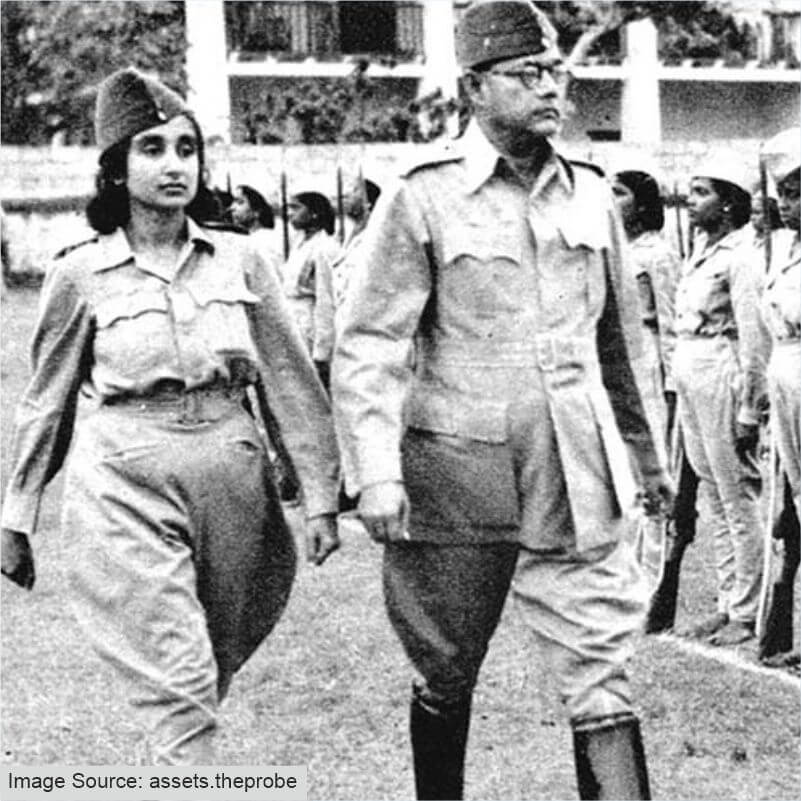On 23rd January, 1897, Subhas Chandra Bose was born to Prabhavati Bose (née Dutt) and Janakinath Bose in the then-Bengal Presidency of British India. Janakinath Bose was one of the most successful lawyers in Cuttack and received the title of “Rai Bahadur”. His parents wanted him to follow in his father’s footsteps and sent him to the University of Cambridge in England to prepare for the Indian Civil Service (ICS) examination. He passed the examination, but upon hearing about the Jallianwalla Bagh Massacre, he immediately quit his high-paying job and returned to India.
The nationalistic fervour wasn’t newfound. During his time at Presidency College, Calcutta, he allegedly beat up an English professor, E F Otten, for making racist remarks against Indians. He was expelled from the college. He was strongly influenced by Swami Vivekananda’s teachings and considered him a spiritual guru.
Upon returning to India on 16 July, 1921, he joined forces with Mahatma Gandhi and took part in the Non-Co-Operation Movement. He worked under Chittaranjan Das who became his political guru. He played a major role in educating Calcutta's students, youth and labourers. In 1922, Bose founded the newspaper Swaraj. His nationalistic efforts would cost him again, as he was sent to prison in Mandalay in 1925.
Upon being released from prison in 1927, Bose was elected the President of the All India Youth Congress and also the Secretary of the Bengal State Congress. In 1930, he became the Mayor of Calcutta.
In 1938, he was elected president of the Indian National Congress and formed a national planning committee, which formulated a policy of broad industrialisation. This didn’t align with Mahatma Gandhi’s view of cottage industries and benefiting from the use of the country’s own resources. He was also against India’s joining the Second World War as an ally of the British. Despite the differences, Bose always held a deep respect for Gandhi in his heart. It has been recorded that upon launching the Quit India Movement, Bose in Berlin, Germany, said that he needed to “be with Gandhi”.

In October 1943, Bose started Azad Hind, a Japanese-supported provisional government in India. It was established in Japanese-occupied Singapore during World War II in October 1943. The Azad Hind Fauj comprised about 45,000 soldiers, among whom were Indian prisoners of war as well as Indians who were settled in various countries of southeast Asia. It was also in October 1943 that he formed a provisional government, one that had been recognised by the Axis Powers during the Second World War.
The Azad Hind Fauj was also successful in defeating the British and freeing the Andaman and Nicobar Islands in December, 1943. He wanted to liberate the entire India, forming the rallying cry ‘Chalo Delhi’. But, Azad Hind failed to meet its objectives. But despite the shortcomings, Bose didn’t surrender. He attempted to renew the struggle. However, his plane crashed in Formosa, now known as Taiwan, where he sadly met his demise on 18 August 1945.
We, at Child Help Foundation, bravely respect the contributions of Netaji. We try our best to live up to his dream by serving the downtrodden population of India.
Thank you for reading this article. Make sure to share it with all your friends and family members.
